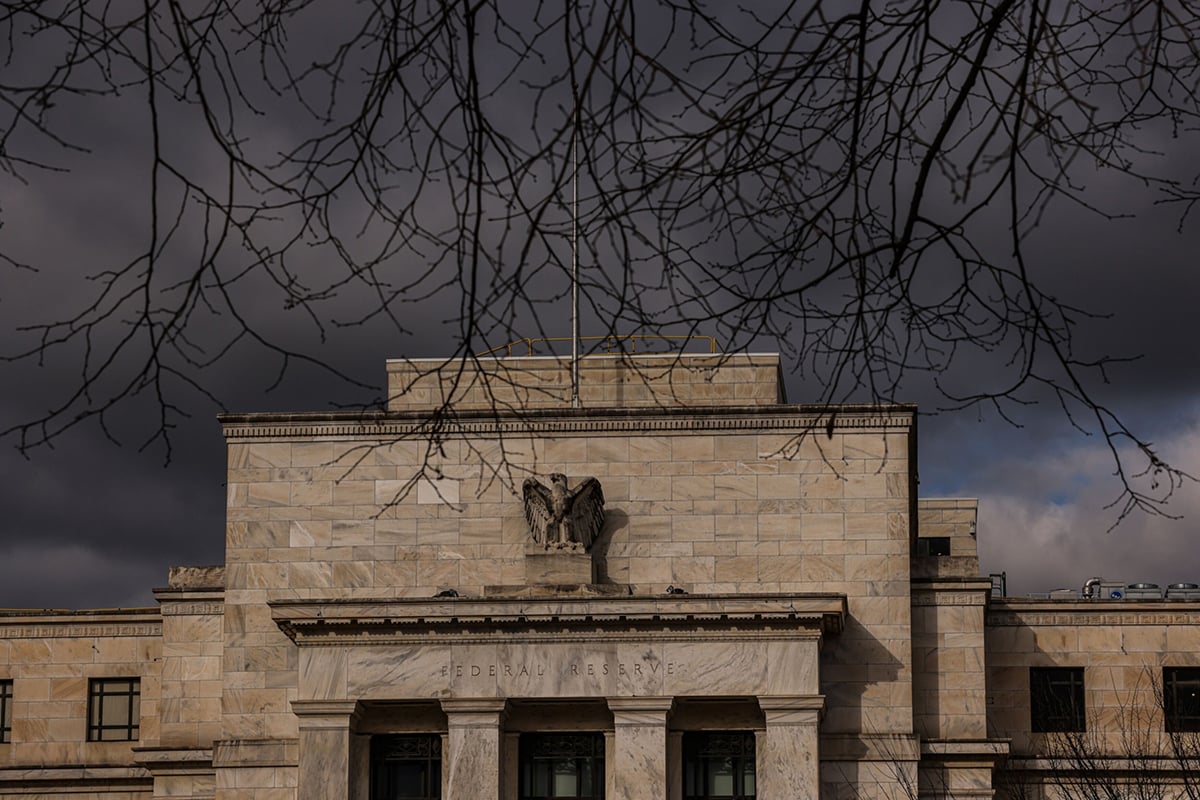Federal Reserve officials, concerned that selling bonds fromtheir $4.3 trillion portfolio could crush the U.S. recovery, arepreparing to keep their balance sheet close to record levels foryears.
Central bankers are stepping back from a three-year-old strategyfor an exit from the unprecedented easing they deployed to battlethe worst recession since the Great Depression. Minutes of theirlast meeting in April made no mention of asset sales.
Officials worry that such sales would spark an abrupt increasein long-term interest rates, making it more expensive for consumersto buy goods on credit and companies to invest, according to JamesBullard, president of the Federal Reserve Bank of St. Louis.
Continue Reading for Free
Register and gain access to:
- Thought leadership on regulatory changes, economic trends, corporate success stories, and tactical solutions for treasurers, CFOs, risk managers, controllers, and other finance professionals
- Informative weekly newsletter featuring news, analysis, real-world cas studies, and other critical content
- Educational webcasts, white papers, and ebooks from industry thought leaders
- Critical coverage of the employee benefits and financial advisory markets on our other ALM sites, PropertyCasualty360 and ThinkAdvisor
*May exclude premium content
Already have an account?
Sign In Now
© 2024 ALM Global, LLC, All Rights Reserved. Request academic re-use from www.copyright.com. All other uses, submit a request to [email protected]. For more information visit Asset & Logo Licensing.





